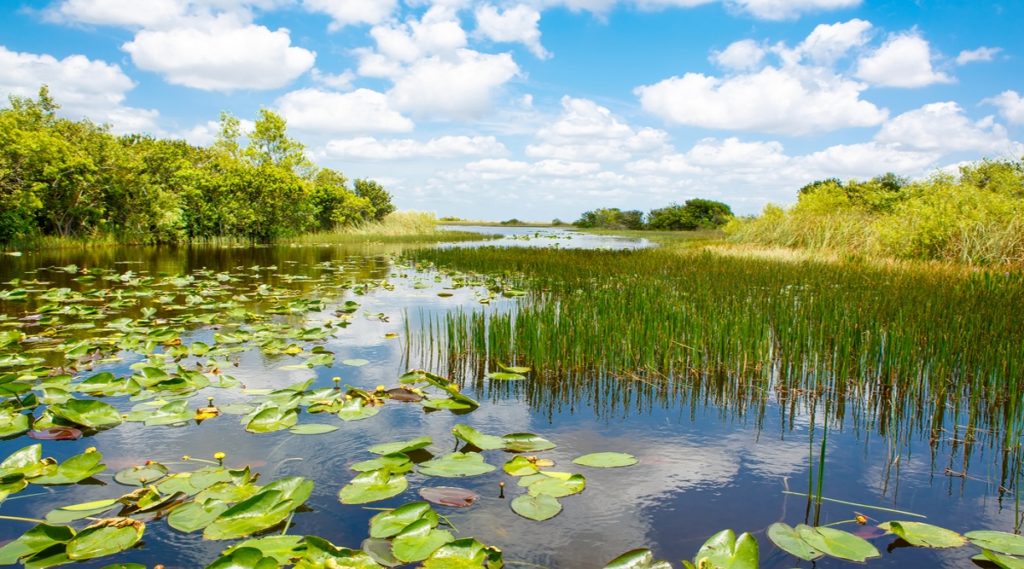
If you are thinking of purchasing a plot of land, one of the most important steps that you have to do is wetland determination. With the help of this procedure, you can make smart and well-informed decisions about how to proceed with your plans. Whether you want to use it to develop residential or commercial structures or for agriculture, you have to gather certain information to make sure that you abide by the regulations of your location.
Below is some essential information about wetlands and the determination process that you should know:
- What are wetlands?
Did you know that not all wetlands are wet? Despite a lot of people associating them with swamps, bogs, and marshes, they are not all the same. In reality, wetlands can also appear dry, and they can be transformed into and used as farmland, hay fields, or lawns.
To be classified as a wetland, the US Army Corps of Engineers (USACE) look for the following characteristics:
- Soil – Wetland soil is a result of conditions of long periods of high saturation or wetness during the growing seasons. To be called a wetland, the soil has to meet the 20 or so hydric soil indicators.
- Vegetation – Wetlands are home to water-loving plants. According to the USACE, there are over 1,400 plant species with the hydric indicator status.
- Hydrology – Wetlands have high soil saturation or degree of flooding, which can be influenced by the climate, geographic location, soil texture, soil permeability, man-made disturbances, and other factors.
- How are wetlands beneficial?
There are many good reasons why wetlands are considered important. Some examples include:
- They are one of the most productive and diverse types of ecosystems. Like coral reefs and rain forests, they are home to a wide variety of species, including microbes, insects, fish, reptiles, amphibians, mammals, and birds.
- They play a crucial part in the ecological development of an area. Because of their shallow water levels and high nutritional content, they can provide an ideal environment for organisms that make up the base of the food chain and offer sustenance to the animal species that thrive there.
- They have an abundance of natural products that people can use. From berries and wild rice to shellfish and timber, wetlands can support the growth of various industries and boost the economy.
- They are key to flood protection. Described as natural sponges, they can trap rain and snowmelt and slow down flood waters and then gradually release and distribute them over the floodplain. By preserving them, urban areas, in particular, can have better flood control.
What does wetland determination mean?
Also sometimes called wetland delineation, wetland determination is a procedure in which the location and the extent of wetlands on a particular property are determined. It is typically conducted prior to starting a development project. It involves evaluating and documenting wetland indicators, taking photographs, marking boundaries, and generating a final report based on the findings. Depending on the location, drainage or fill of wetlands is regulated by the state or federal government.
- Why is it important?
Going through the process of determining a wetland is a must if you are in property development or other similar industries. For example, if you want to construct a road or develop an agricultural field, determination or delineation can provide precise information on the location of a wetland within your plan. It can let you know whether or not your project may impact or disrupt an ecosystem, and whether you need to obtain the necessary permits from a regulatory authority to proceed.
- How do you do wetland searches in New Jersey?
If you are in New Jersey and wondering how you can do a wetland search, the internet is your best friend. Whatever your purpose is, whether for a construction project or New Jersey tax assessment, there are plenty of online resources that can help you. Try looking up “wetland search for construction project” or “wetland search for New Jersey tax assessment” to see what your options are. The sooner you do this, the better. With the help of wetland delineation, you can make better decisions about your situation, and you can save a significant amount of time and money.
